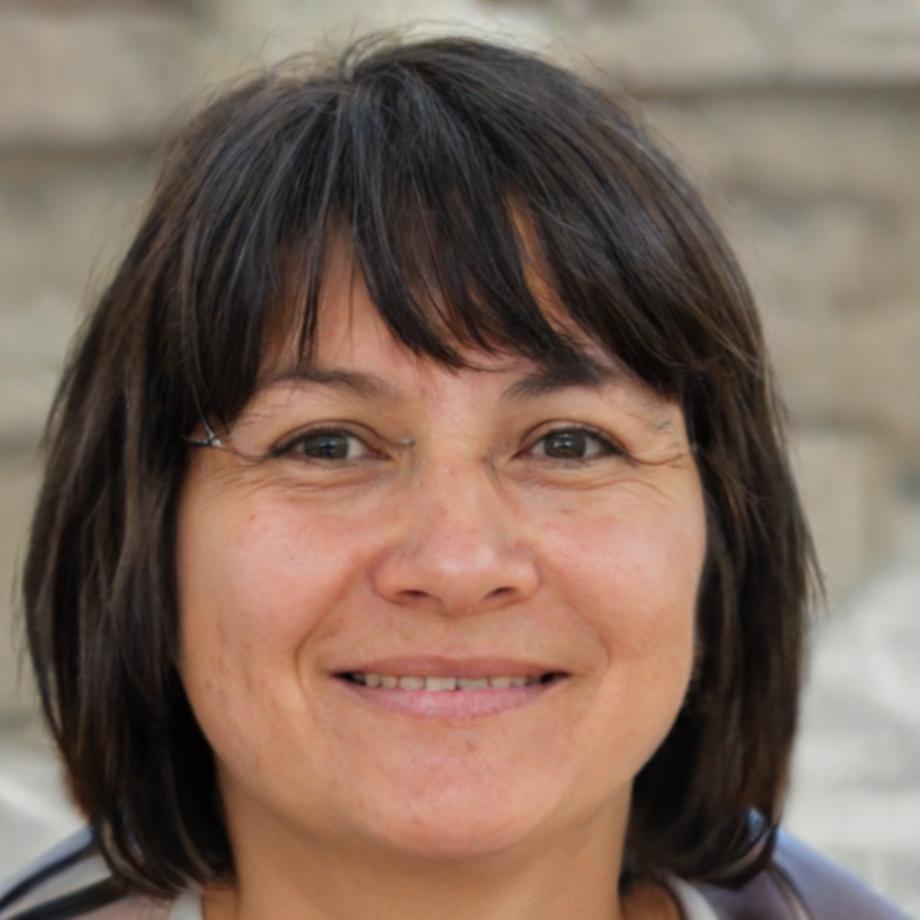How This Works in Reality
We don't start with budgets or investment strategies. Those come later. First, we examine the patterns you've been repeating without realizing it.
Like the person who earns more each year but still feels broke. Or the one who saves diligently but can't enjoy any of it without massive anxiety. These patterns have roots, and pulling them up requires more than just better spreadsheets.





